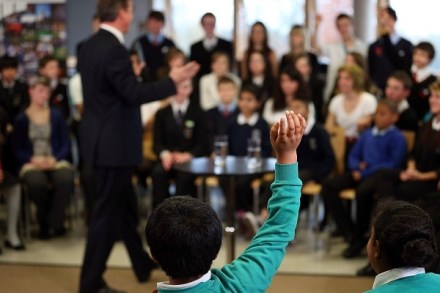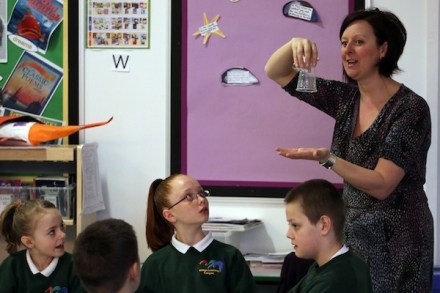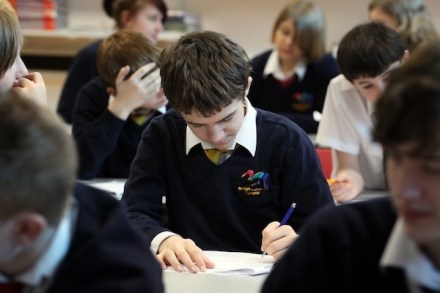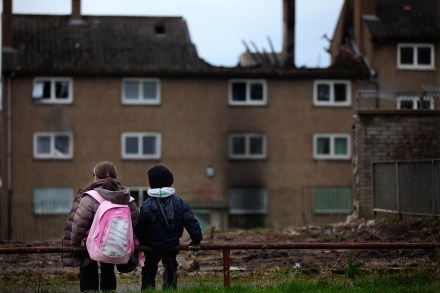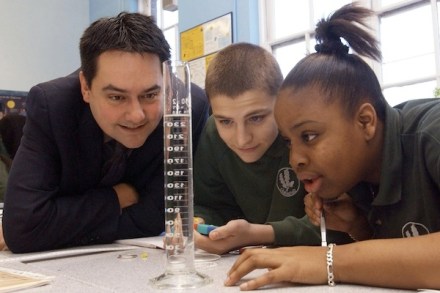The History Kids
Martin Kettle has a column in today’s Guardian lamenting the inadequacy of the teaching of English history in schools today. He suggests that “the English people are increasingly cut off from their own history.” Is this so? Possibly! But then he makes the mistake of presuming the English are unusually unfortunate in this respect. To wit: It is a fair bet that today’s young Scots know more about Scotland’s history, today’s young Welsh more about Wales, and today’s young Irish more about Ireland than today’s young English know about England. In fact the nature of their own historical experiences may mean that the Scots, the Welsh and the Irish also



